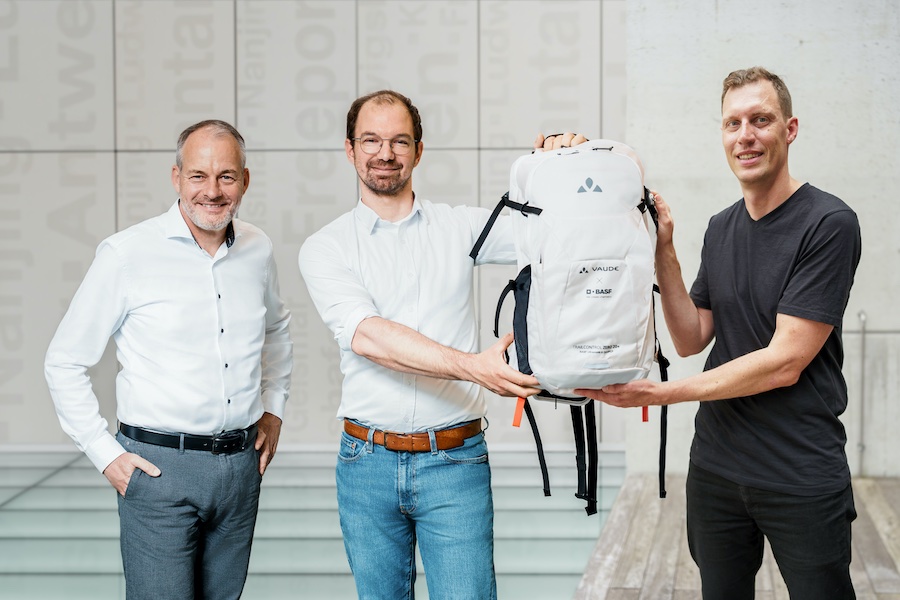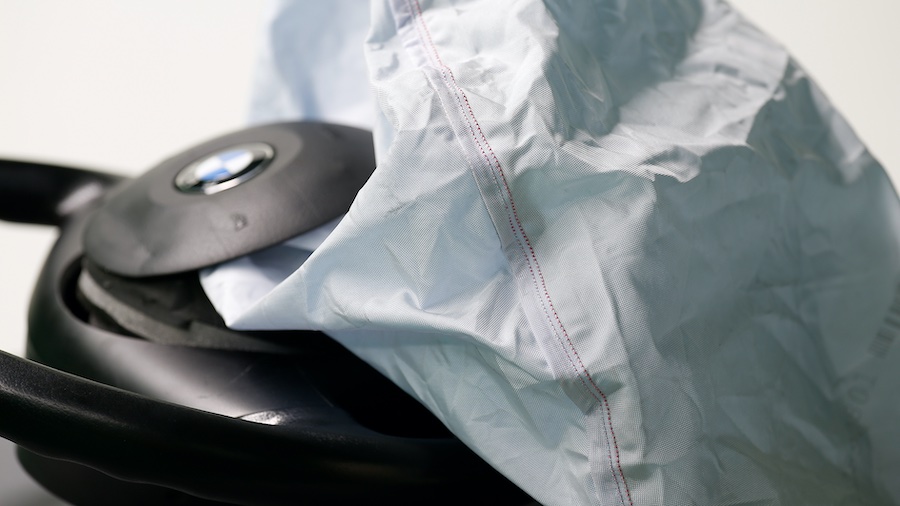#Recycling / Circular Economy
New bike backpack from VAUDE with innovative polyamide from BASF

For the production of Ultramid ZeroPCF, BASF uses renewable electricity from the Hollandse Kust Zuid offshore wind farm and attributes biomethane and bio-based feedstock from used cooking oil instead of fossil raw materials. The methodology follows an ISCC+ certified mass balance approach. The mass-balanced product has the same properties as the conventional product but outperforms it in terms of sustainability. “Thanks to all these measures and the benefits we derive from the efficient production methods of our BASF Verbund, we are reducing the CO2 footprint of the polyamide to zero,” says Marcel Schmitt, Global Strategic Marketing, Polyamide 6 at BASF.
“With this flagship project, we want to stimulate discussions about how materials with a carbon footprint of zero can contribute to climate neutrality,” adds René Bethmann, Senior Material Innovation Manager at VAUDE.
BASF had already announced the expansion of its polyamide product portfolio to include Ultramid LowPCF and Ultramid ZeroPCF variants in October 2024. The VAUDE bike backpack is now the first product to use Ultramid ZeroPCF. The expansion of the Ultramid portfolio is a further step in the sustainable journey of BASF’s Monomers division, which has already developed a circular or PCF-reduced option for every major product line. The division’s more sustainable offerings are an essential part of BASF’s path to climate neutrality and net-zero CO2 emissions by 2050.
BASF will present the VAUDE backpack and the broad polyamide product portfolio based on the “Choose to reduce“ approach to customers and partners at the world’s largest plastics trade fair, which will take place at Messe Düsseldorf from October 8 to 15, 2025.














